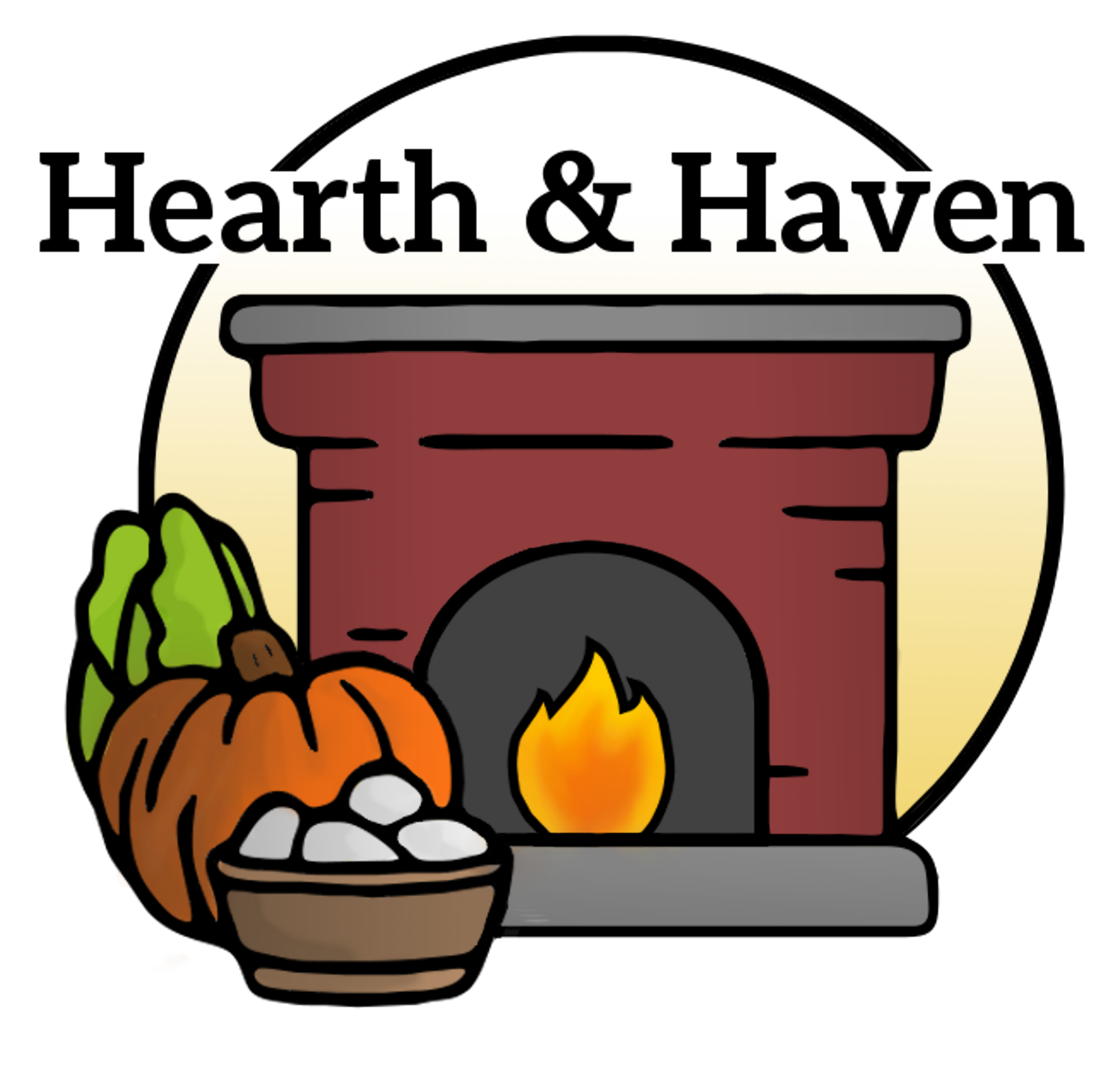Weather-Proofing Your Ducks
Summer heat
Summers seem to keep getting hotter and hotter! What can you do to keep your waterfowl safe in record-shattering heat?
Water, water, water! Make sure you provide fresh, cool water for all of your animals at least morning and evening. You can add ice to keep it cooler longer. Change swimming pools frequently, and make sure the birds have lots of opportunities to take a dip.
Provide ample shade. If your run/field doesn't have a lot of natural shade, put out anything you can - shade cloth, a picnic table, etc. - to create a shady area. Hose down the shady ground to keep things even cooler.
Check them frequently! Check in on each animal morning, afternoon, and evening at minimum. Monitor for signs of heat stress - your birds will pant, fan themselves with their wings, and act lethargic if they're getting too hot. If they begin stumbling, can't seem to walk normally, or generally act droopy and uncomfortable, get them into a cool place immediately and begin dipping their feet into cool water. If a bird is in acute distress, you can also place ice packs under their wings for up to 60 seconds, remove, then repeat.
Feed when it's cool, and provide watery treats. Feeding early in the morning/late in the evening will keep them more comfortable. Snacks of melons, lettuce, cucumbers, and other water-rich treats will be very welcome. Float the treats in their water dish to give them something fun to do.
Keep nighttime housing well-ventilated. If your duck/goose house has windows or vents, make sure they're all wide-open. If you don't normally provide water at night, consider doing so at least for the duration of this heat wave.
Finally, consider what you can do to keep YOURSELF safe and comfortable. Do the bulk of your livestock chores during the cooler hours of early morning and late evening, and stage things you'll need to use ahead of time.
Winter chill
As the temperature plummets, it’s time to bundle up and focus on the basics. Here’s what you can do to make life easier for your flock - and yourself!
Bump up the food! Not only will your birds need the extra calories to stay warm, but any pasture they usually would have relied upon may be dormant or inaccessible under the deep snow or hard frost. An extra scoop of good, balanced feed really helps keep the birds in top condition.
Check the water even more than usual, and make sure it stays ice-free. There are lots of options here - if you have electricity near your birds you can use livestock-safe water heaters, or you can try floating a jug of salt water in your trough to help break up any ice that tries to form. The simplest approach is to just check on your animals even more often and break up any ice you find in the water dishes.
Check your birds even more than usual, so you can catch injuries or illness early. It’s normal to see your ducks sitting with their feet tucked under them more often in very cold weather, but it is NOT normal to see a duck shiver. Make extra sure that their home is dry, draft-free, and has a good thick layer of bedding.
Want to spoil your birds? Give them extra warming treats! Plain cooked oatmeal (warm is OK, but not too hot!) is a welcome snack on a chilly day, and sugary corn can give them an extra energy boost to get through the cold. You can offer cracked corn (available by the sack at any feed store) or for a boredom-buster, try offering them dried corn-on-the-cob. Usually marketed as a squirrel feed, this sweet treat is a great challenge to keep your ducks busy as they try to pry off each kernel.
Keep safety in mind - it’s easy to accidentally create icy slipping hazards around your birds’ watering stations. Be careful where you dump that water - ask me how I know!
Use gear to help yourself! If you have power near your water source, you can use insulation, hose bib covers, or even heated hose cozies to make sure your pipes don’t freeze. And always have a backup plan just in case the hose does freeze over - even if it’s just filling buckets in the kitchen sink.
Stay safe out there!





